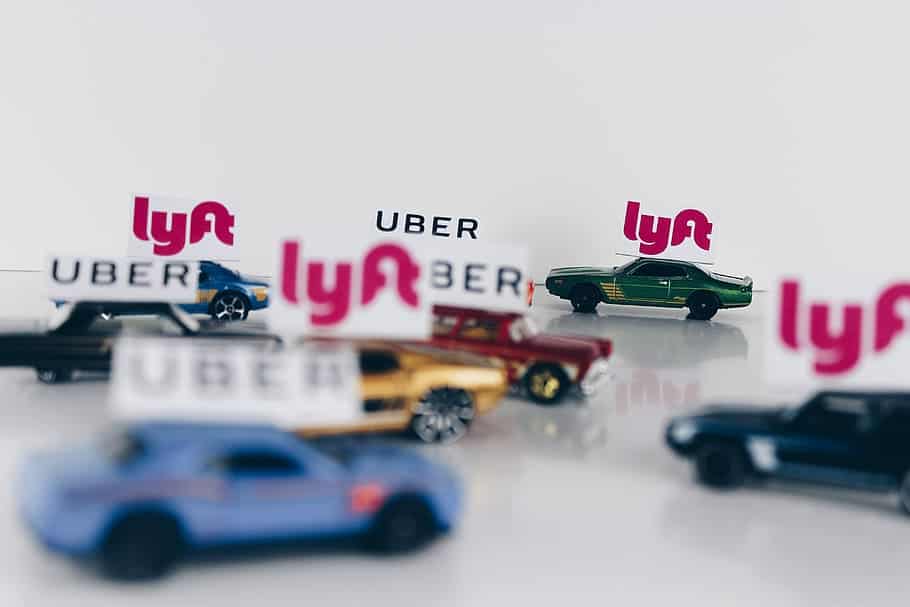
Sunah Chang is a student at Harvard Law School.
In today’s news and commentary: Massachusetts’ misclassification lawsuit against ride-share companies goes to trial, the Eleventh Circuit rules in favor of a transgender sheriff deputy in a Title VII lawsuit over gender-affirming surgery, and the Alabama governor signs legislation disincentivizing companies from voluntarily recognizing unions.
Yesterday marked the first day of the non-jury trial of the Massachusetts attorney general’s lawsuit against Lyft and Uber. Originally filed in 2020 by then-Attorney General Maura Healey, the lawsuit alleges that Lyft and Uber have misclassified their drivers as independent contractors in violation of state employment law. The lawsuit contends that these drivers are employees who are entitled to benefits, such as minimum wage, overtime, and earned sick time. If the state prevails at trial, Lyft and Uber would face large penalties for failing to properly classify their drivers.
The trial commences several months before an industry-backed ballot measure determining whether ride-share drivers should be classified as independent contractors will reach Massachusetts voters in November. The attorney general’s office has stated that should Uber and Lyft lose the trial but win at the ballot box, the ballot measure would only govern the companies’ conduct in the future and not eliminate their liability for past misclassifications.
Also yesterday, the Eleventh Circuit affirmed a lower court’s ruling that a Georgia county’s refusal to cover a sheriff deputy’s gender-affirming surgery qualified as discrimination under Title VII. Applying the Supreme Court’s ruling in Bostock v. Clayton County, the Eleventh Circuit reasoned that the county’s blanket denial of coverage for gender-affirming surgery amounted to discrimination based on sex. The Eleventh Circuit held: “By drawing a line between gender-affirming surgery and other operations, the plan intentionally carves out an exclusion based on one’s transgender status. . . [S]ex is inextricably tied to the denial of coverage for gender-affirming surgery.”
Lastly, as Mercedes workers in Alabama head to vote in the UAW union election, Alabama’s governor Kay Ivey has ramped up her anti-union messaging. Yesterday, Governor Ivey announced that she has signed SB231, a legislation that would bar companies that voluntarily recognize labor unions from receiving state economic development incentives. Although SB231 is scheduled to go into effect in 2025 and will not affect the Mercedes workers’ union election, Ivey has made it clear that SB231 has been mounted in response to the rising pattern of unionization among autoworkers. At a Chamber of Commerce function announcing the signing of SB231, Ivey stated, “Alabama is not Michigan . . . We want to ensure that Alabama values, not Detroit values, continue to define the future of this great state.”
This is not the first time Governor Ivey has expressed her opposition to the UAW. Just last month, Ivey issued a joint statement along with the governors of Georgia, Mississippi, South Carolina, Tennessee and Texas denouncing the UAW’s unionization efforts as being “driven by misinformation and scare tactics.”






Daily News & Commentary
Start your day with our roundup of the latest labor developments. See all
February 27
The Ninth Circuit allows Trump to dismantle certain government unions based on national security concerns; and the DOL set to focus enforcement on firms with “outsized market power.”
February 26
Workplace AI regulations proposed in Michigan; en banc D.C. Circuit hears oral argument in CFPB case; white police officers sue Philadelphia over DEI policy.
February 25
OSHA workplace inspections significantly drop in 2025; the Court denies a petition for certiorari to review a Minnesota law banning mandatory anti-union meetings at work; and the Court declines two petitions to determine whether Air Force service members should receive backpay as a result of religious challenges to the now-revoked COVID-19 vaccine mandate.
February 24
In today’s news and commentary, the NLRB uses the Obama-era Browning-Ferris standard, a fired National Park ranger sues the Department of Interior and the National Park Service, the NLRB closes out Amazon’s labor dispute on Staten Island, and OIRA signals changes to the Biden-era independent contractor rule. The NLRB ruled that Browning-Ferris Industries jointly employed […]
February 23
In today’s news and commentary, the Trump administration proposes a rule limiting employment authorization for asylum seekers and Matt Bruenig introduces a new LLM tool analyzing employer rules under Stericycle. Law360 reports that the Trump administration proposed a rule on Friday that would change the employment authorization process for asylum seekers. Under the proposed rule, […]
February 22
A petition for certiorari in Bivens v. Zep, New York nurses end their historic six-week-strike, and Professor Block argues for just cause protections in New York City.